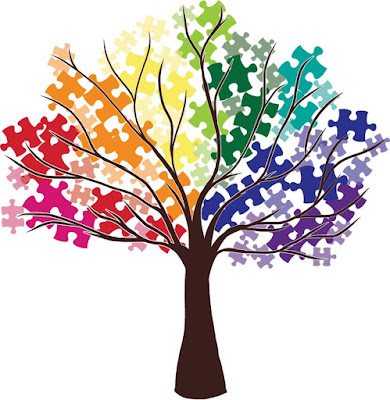The Intersection of Autism and #metoo
“The reason she didn't go to the police is because she had, in the eyes of the law, consented. Even though she had no idea what she was consenting to.” – Lauren Lovejoy (read more at The Debrief)
In light of the #metoo movement sweeping the globe, it only seems appropriate to shine some light on those in the peripheral of the conversation. The movement tends to focus primarily on “neurotypical” women and the struggles they have faced, but in truth it is far more complex with multiple intersections. For those on the autism spectrum (ASD) the risk of sexual harassment and abuse is much higher than that of their non-ASD counterparts. Alarming as this is, it shouldn’t be too surprising considering the evidence already, of the large scale neglect and abuse of adults with ASD .
However, the high level of victimization does raise the questions of what factors are contributing and how may it be mediated. Building on previous research, Brown-Lavoie, Viecili, & Weiss (2014) sought to investigate some of the reasons that might contribute to the high risk of sexual victimization of individuals with ASD. They focused their research on adults with high functioning ASD and sexual knowledge. The results of the study indicated that, not only were ASD adults more likely to have less sexual knowledge and social sources of information, they “were between two and three times more likely to experience sexual contact victimization, sexual coercion victimization, and rape than the comparison group.” If there is uncertainty about what is appropriate, a general lack of sexual knowledge, and difficulty traversing social exchanges this leaves one more susceptible to victimization. Therefore, Brown-Lavoie et.al. (2014) believed these higher risks of victimization could be mediated by more sexual knowledge and better social sources of information.
There are potentially many ways to help and protect this vulnerable population. But perhaps, one of the most important ways is through knowledge (as highlighted by Brown-Lavoie et. al., 2014). Knowledge is power, it is protection. It is something everyone deserves. Accordingly, knowledge needs to be available and accommodated so everyone can benefit from it, especially those who are more vulnerable.
-JTS
"Doctrina urbi serviat"
For more info:
#UsToo #MeToo – Sexual Assault in the Autism CommunitySexual knowledge and victimization in adults with autism spectrum disorder.
The Debrief- What nobody tells you about being an autistic women
Refrences:
Brown-Lavoie, S.M., Viecili, M.A., & Weiss, J.A. (2014). Sexual knowledge and
victimization in adults with autism spectrum disorder. Journal of Autism and
Developmental Disorders , 44 (9), 2185-2196.
http://doi.org/10.1007/s10803-014-2093-y
National Autism Society UK (2014). Careless report: Will the government protect vulnerable
people with autism from abuse, neglect, and loneliness?. London, UK: NAS
https://www.autism.org.uk/~/media/nas/documents/campaigns/careless/careless-campaign
report.ashx?la=en-gb
Martin, S. (2015, February 4). People prey on those who are vulnerable': What nobody tells you
about being an autistic woman. The Debrief. Retrieved from
https://thedebrief.co.uk/news/real-life/people-prey-vulnerable-nobody-tells-autistic-woman/



Comments
Post a Comment